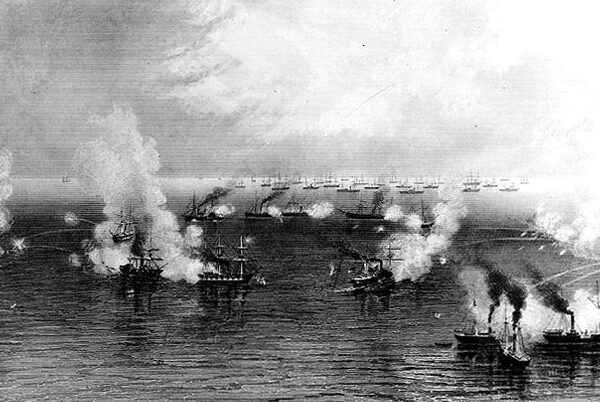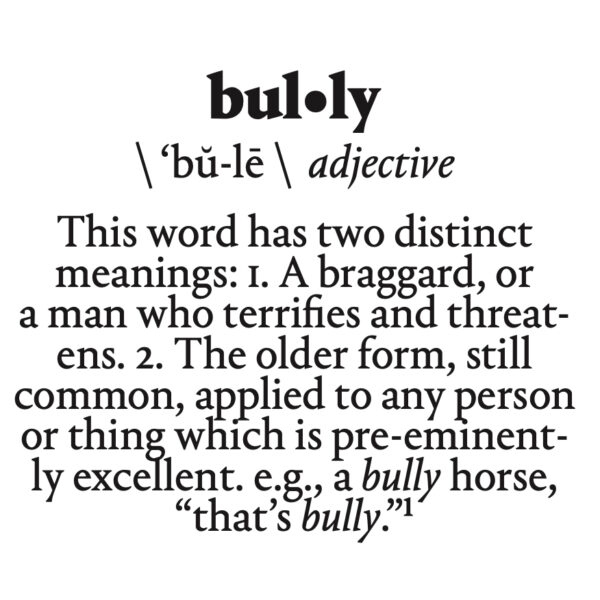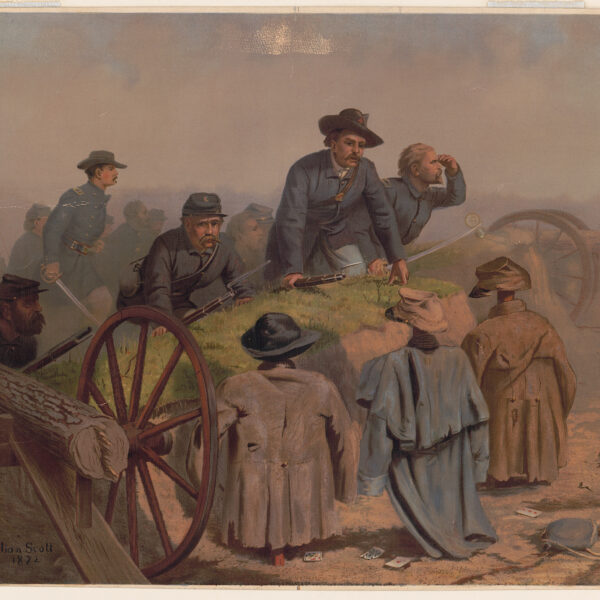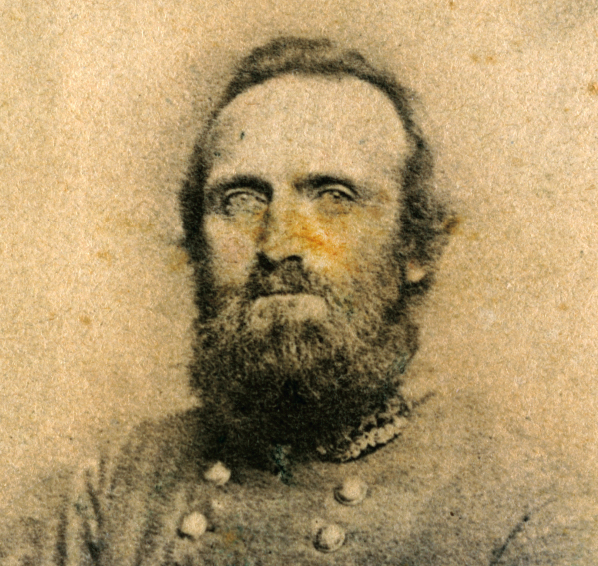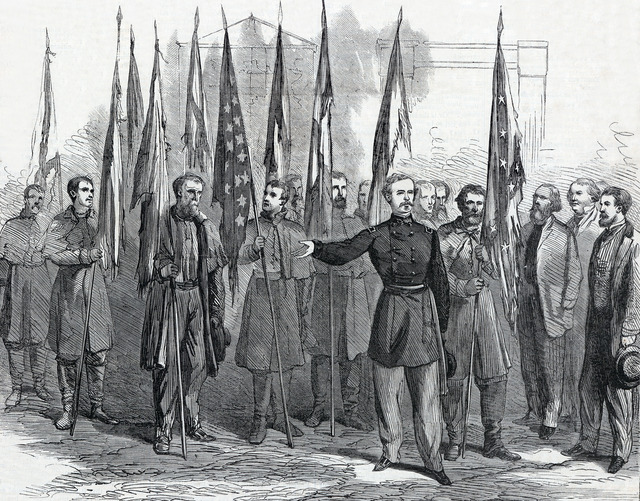 In the Voices section of the spring 2016 issue of The Civil War Monitor, we highlighted first-person quotes about the quest—by soldiers and civilians—for battlefield souvenirs. Unfortunately, we didn’t have room to include all that we found. Below are those that didn’t make the cut.
In the Voices section of the spring 2016 issue of The Civil War Monitor, we highlighted first-person quotes about the quest—by soldiers and civilians—for battlefield souvenirs. Unfortunately, we didn’t have room to include all that we found. Below are those that didn’t make the cut.
“I have gathered quite a collection of balls, which I mean to send home as relics of the siege. They are in a variety of shapes, and were a thousand brought together there could not be found two alike. I have picked up some that fell at my feet—others were taken from trees. I am the only known collector of such souvenirs, and have many odd and rare specimens. Rebel bullets are very common about here now—too much so to be valuable; and as a general thing the boys are quite willing to let them lie where they drop. I think, however, should I survive, I would like to look at them again in after years.”
—Sergeant Osborn Oldroyd, 20th Ohio Infantry, in his diary during the Siege of Vicksburg, May 1863
“He took a great fancy to my pocket knife and offered me $20 in Confederate currency for it, but would not take greenbacks at any figure for some Confederate shin-plasters which I wanted as souvenirs, the first case of the kind that I have met.”
—Union officer Augustus Brown, on a black man he apprehended on the picket line as a suspected “spy,” in his diary, May 31, 1864
“As soon as ranks were broken, the men made a dash for the large houses, plundering them right and left; what they could not carry away, in many cases, they destroyed; pianos were demolished, pictures cut from their frames, wardrobes ransacked, and most of the furniture carried out into the street. Soon the men appeared wearing tall hats, women’s bonnets, dresses, etc., loaded down with plunder which they proceeded to examine and distribute, sitting on sofas, rocking chairs, etc., in the middle of the dusty street. What was not considered portable, or worth keeping, was smashed and destroyed; in this general sack the deserted houses came in for most attention, few of those having any one in charge being molested, and I did not hear of any personal indignities. It seemed strange to me the men desired mementoes of something we-did not have to fight for, and I took no part or interest in the business. This was Fairfax’s first taste of war at the hands of the enemy, and it must have been decidedly bitter.”
—Lieutenant Josiah Favill, 57th New York Infantry, on the conduct of Union soldiers during a halt in Fairfax Court House, Virginia, in his diary, July 1861
“The roses were beautiful, splendid in size and fragrance and variety. The box is half full of sweet rose leaves. I have pulled them from the stems, and shall keep them as a souvenir of your battle at City Point.”
—Sarah Hildreth Bulter, in a letter to her husband, Union General Benjamin “Beast” Butler, May 27, 1864
“You ask if I could not send home some trophies of the Antietam battle-field. I could have picked up any number of guns, swords, knapsacks, cartridge-boxes, etc., but had no way to carry them. I found several rebel letters and brought them away, but have lost them. All I have got is some flag-root which I took from a rebel knapsack.”
—Massachusetts soldier Warren H. Freemen, in a letter to his father, October 3, 1862
“She has many a memento of that strange battle—one, of a rebel lieutenant who died in her care; and a score of palmetto buttons from rebel coats—dirty but grateful, poor wretches; etc….”
—Abby Howland Woolsey, in a letter about her mother, who tended to the wounded after the Battle of Gettysburg, July 1863
“The ground all around is thickly strewn with the debris of the battle. We picked up a tourniquet, with which, we are told, all the New Hampshire boys are supplied; an open Testament, still perfect, though wet and somewhat soiled, with ‘H.K. Campbell, 145th Reg. P. V.,’ written in pencil on the blank leaf, – tin cartridge boxes, minnie balls, belt clasps, etc. – These we shall carefully preserve as mementoes.”
—Emily Souder, on walking the Gettysburg battlefield with a fellow volunteer nurse, in a letter to her husband, July 18, 1863
“I bought a secesh bill of him, and, thinking possibly you haven’t seen any, I’ll send it to you. It is a specimen of Confederate States art, beautiful to see but ‘not worth a red’ to spend. Save it as a memento of the war.”
—Pennsylvania soldier Oliver Wilcox Norton on an encounter with a Virginia civilian during the Peninsula Campaign, in a letter to his sister, May 23, 1862
“The relic fever raged wildly at Williamston, and books, MSS., and trinkets, some of considerable rarity and value, were carried away by our soldiers. The office of Judge [Asa] Biggs, an ex-U.S. Senator, contributed largely to allay the craving for spoils and relics which unfortunately possesses too many of our men.”
—Zenas T. Haines, 44th Massachusetts Infantry, on his regiment’s experience in Williamston, North Carolina, November 19, 1862

